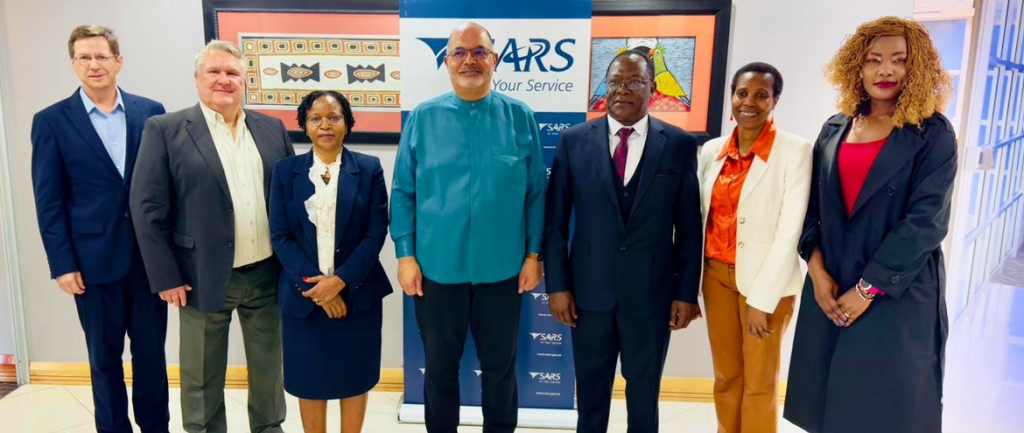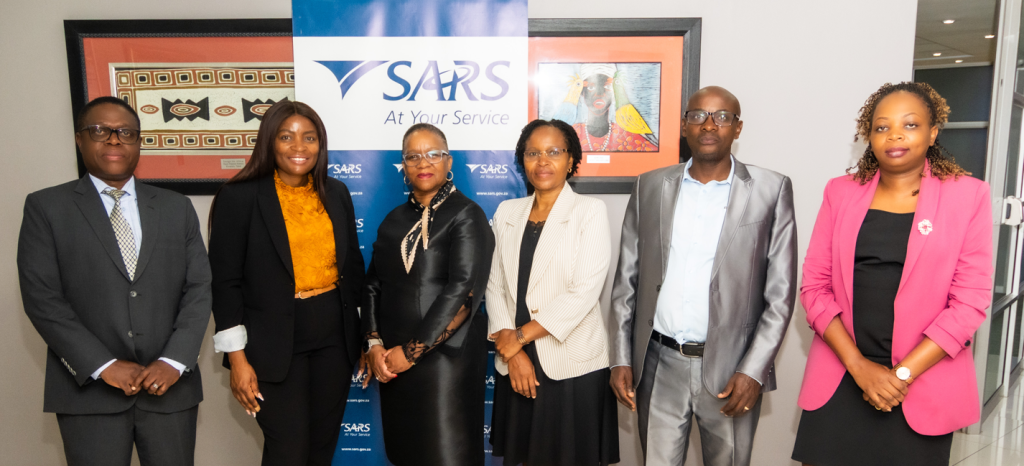Moody’s, one of the largest independent global agencies of capital market, which conducts researches on credit rating, providing thus a series of tools and analysis, contributing with transparent data regarding integrated financial markets in various countries, has undertaken a study about ” Global Sovereign Credit”, anticipating that, in 2015, Sub-Saharan Africa might experience a negative impact as a result of the Chinese economy slow down, arising from deteriorating commodity price, that contributes significantly to the economic growth of the African countries in terms of Foreign Direct Investment (FDI).
In this regard, Angola as one of the major recipients of Chinese investment becomes vulnerable to such oscillations. The economist and researcher Monica Vargas Murgui, stated in 2014 that considering the (FDI) inflows to Angola, China had become the largest (FDI) investor, granting various and the largest volume of loans. (As an example, the $15 billion dollar credit line since 2004), with exclusive guarantees to acquire half of national oil production.
Economy
FDI (Foreign Direct Investment) is defined as “…an investment involving a long-term relationship and reflecting a lasting interest and control by a resident entity in one economy (foreign Direct investor or parent enterprise) in an enterprise resident in an economy other that of the foreign direct investor (FDI enterprise or affiliate enterprise or foreign affiliate).
Therefore, FDI, does not only bring stable capital inflows, but technological know-how, transfer of technology, highly-paying jobs, entrepreneurial and workplace skills, new export opportunities and a panoply of managerial skills and innovation. In other words, it means that the aim of FDI is to generate high returns, and such maximization of wealth requires a healthy business environment in the country where investment is expected, for FDI to perform and to sell the foreign project it created.
Corruption
I realize that usually, investors rely upon global indicators from identified countries to review FDI opportunities, focusing on three main factors: business environment, corruption and competitiveness. Based on the United Nations’ definition of Sustainable Development (UNSD), the indicators used to assess the impact of FDI are: GDP, infrastructure development, corruption, unemployment, poverty and inequality rates, among others.
With the aim to establish a lasting interest in effective management control over an enterprise in another country, a minimum 10% of equity ownership or voting power is required to be classified as FDI, however, in practice, many receptor countries set higher thresholds, thus protecting the control of management.
Angola, with the diversity of natural resources, and the robust growth of its Gross Domestic Product (GDP), was the second largest receptor of Foreign Direct Investment in Africa in the period between 2000 and 2014, displaying steady investment levels, reaching USD 15.7 billion in 2012 according to the World Bank report, up USD 15.1 Billion, contrary to predictions in 2014, by economists Muzima e Mazivila, two scholars devoted to the study of the Angolan economy.
The amount of existing oil, gas and diamond resources, made Angola an “el dorado” for FDI and consequently brought economic growth, thus providing for business opportunities, upward mobility, and improved the population living standards. Moreover, FDI has facilitated a fast reconstruction of infra-structures as well as market openness. To exemplify, China involvement has enabled the rapid reconstruction of social infra- structures, ensured the allocation of USD 2 billion applied in various sectors such as energy, water, health, education and productive, for the realization of a number of projects.
On the other hand, the average growth rate of GDP between 2000 and 2013 was 10.72%, but, it has slowed down in 2014, resulting from the global structural financial crisis.
I understand that FDI alone will not be enough to lead Angola to a socio- economic development, despite recent significant transformations experienced by the Angolan economy.
Leading
The economic growth of Angola, for a few years, has been under the spotlight of the major economies, since it had become one of fastest- growing economies across Africa and the World. This economic growth has mainly been driven by the oil sector production, which accounts for 80% of state fiscal revenues, which represents 98% of exports, the leading source of FDI. Meanwhile, the economy remains vulnerable to fiscal shocks, caused by deteriorating prices of the main export raw-materials, as oil still remains the leading source of fiscal revenue. A slowdown of the economy of the investor country directly affects the Angolan economy; take China as an example. Meaning the Angola economy is still vulnerable to external shocks.
To address this situation, there is a trend to a greater diversification of the economy, to overcome the heavy dependency on oil, which, I underline, still is the single source which most finances the Angolan economy.
In the context of the deceleration of the Angola economy, the current financial crisis and high reliance on oil exports to China, USA and Europe, represent an obstacle to sustainable development. Angola must work towards a deeper exploration of other products and financial services, as competitive challenges are at stake. Analyses suggest a 15% increase of FDI would help inflows to relaunch economic growth, thus leading to a less troubled economic situation. According to the World Bank, for each direct job created by FDI’s it was estimated that approximately 1.6% of other jobs are created.
Therefore, structural reforms are urgently required to attract Foreign Direct Investment, which would help to offset the imbalances in the Angolan economy. Such reforms would allow the government to solve the issue of shortage of foreign currency, diversification of the sources of capital inflows, increase of technology know-how, technology transfer, creating and maintain highly-paid jobs, and acceptable entrepreneurial and professional capacity, new opportunities to export products from the diversified economy, and a panoply of managerial and innovating skills.
By: Paulo Da Conceição Carvalho
Paulo has a Master of Business Administration in Leadership & Sustainability, and Master (MSc) Science in Finance. He can be reached via email:
paulo.carvalho@agt.minfin.gov.ao or pcarvalho@gmail.com



